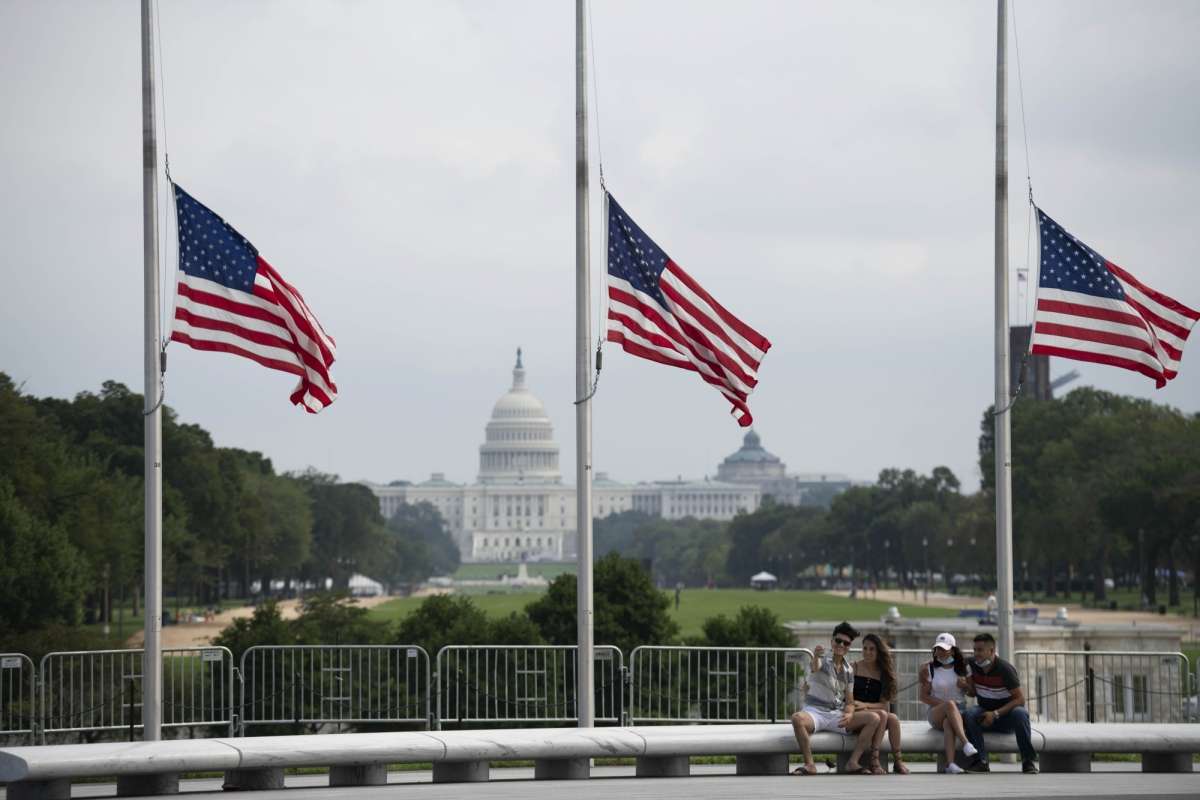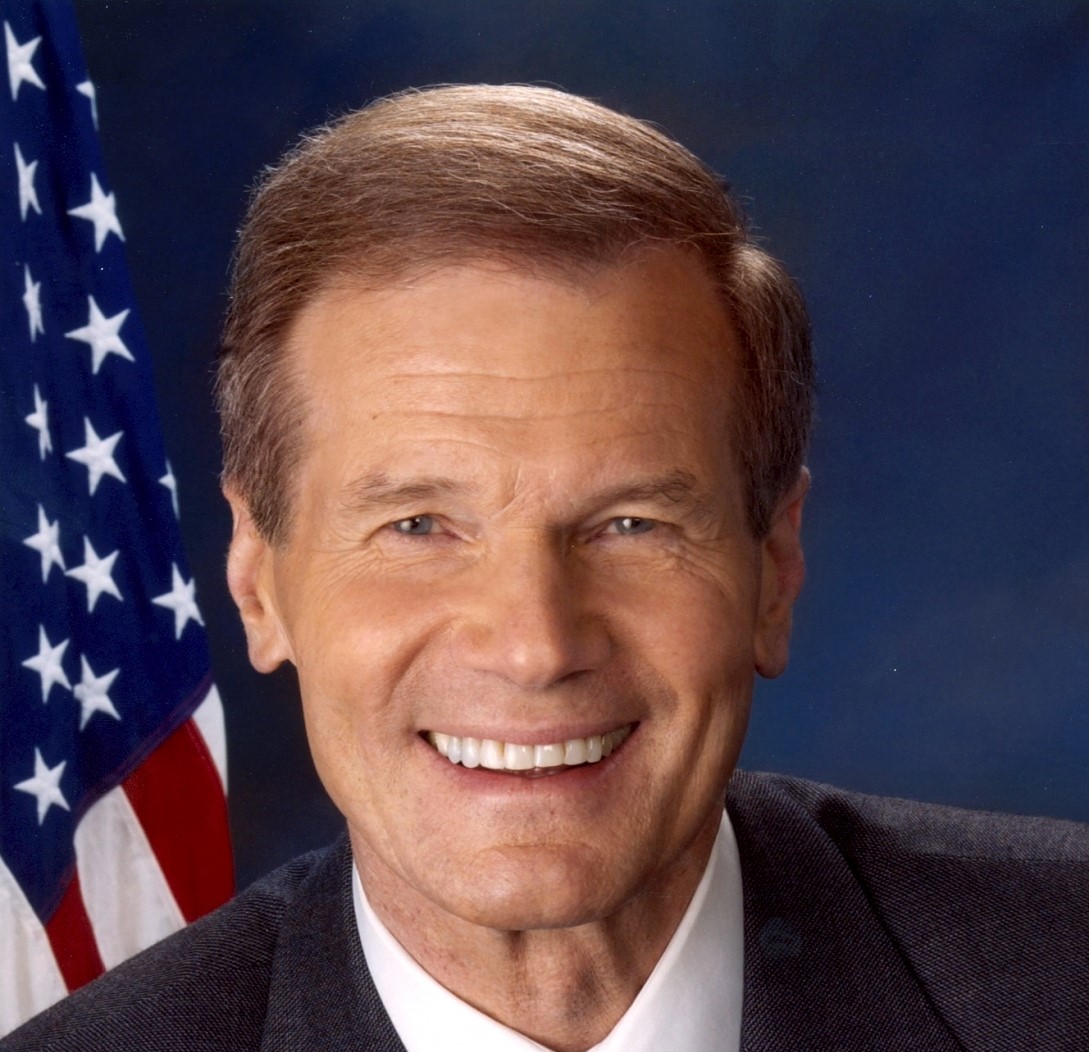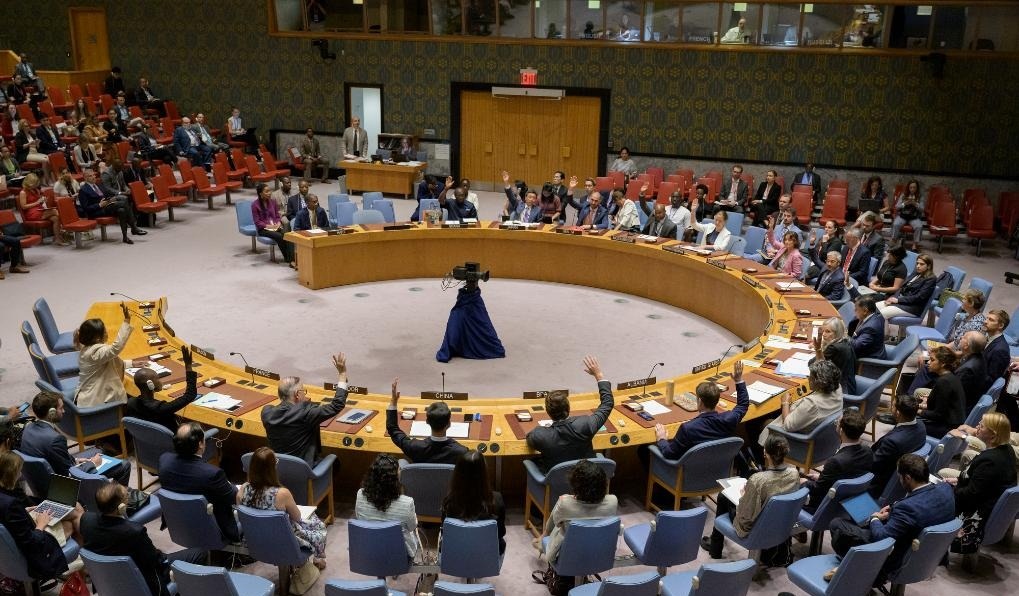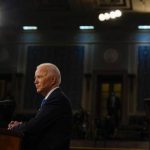Stopping the inflow of illegal drugs and preventing the spread of weapons of mass destruction were the second and third on the list of top priorities…writes Yashwant Raj
Preventing terrorist strikes in the US was cited as the top foreign policy priority by most Americans in a recent opinion poll, and not promoting democracy and human rights around the world, which have been the gratuitous goals of successive presidencies and administrations.
Stopping the inflow of illegal drugs and preventing the spread of weapons of mass destruction were the second and third on the list of top priorities.
Limiting the influence of Russia and China and fighting climate change came in the middle, with strengthening the United Nations, and promoting human rights making up the bottom part of the list with promoting democracy being absolutely the last.
The findings present an opportunity for Indian policymakers for a more robust and effective engagement with Americans on cooperation against terrorism, which is a top foreign policy objective for India as well.
While the two sides have extensive and in-depth engagement in combating terrorism, Indians have felt disappointed by what they view as a lack of adequate response to the growing resurgence in Khalistan militancy by activists based in the US.
There have been no arrests of people responsible for two incidents of assault and arson at the Indian consulate in San Francisco in March and July of 2023.
Pew Research Center surveyed 3,600 Americans in the first week of April for this poll.
With memories of the devastating September 11, 2001 attacks seared into their minds, most Americans — 73 per cent — said preventing terrorist attacks should be a top foreign policy priority for the US.
Two passenger flights commandeered by Al Qaeda terrorists slammed into the two World Trade Center towers in New York, one into the Pentagon on the outskirts of Washington DC, and the fourth, which was headed for the White House, crashed instead in Pennsylvania.
In all 2,996 people were killed in these attacks, including 35 of Indian descent.
The second top foreign policy priority cited by American respondents in the survey was sopping the inflow of illegal drugs at 64 per cent, followed by preventing the spread of weapons of mass destruction (63 per cent), maintaining US military might (54 per cent), and stopping the spread of infectious diseases such as Covid-19 (52 per cent).
Limiting the power and influence of arch-enemy Russia and arch-rival China came in next at 50 per cent and 49 per cent, respectively. North Korea and Iran were a lesser priority at 38 per cent and 37 per cent, respectively, but they were counted among foreign policy priorities.
Dealing with climate change, 44 per cent, came in between perceived threats from Russia and China on one hand, and North Korea and Iran on the other.
The issue of global warming has not become a bipartisan issue, with Democrats more concerned about it than Republicans, some of whom, such as former President Donald Trump, have dismissed it as a hoax played by China to slow down the US.
It was Trump again who pulled the US out of the Paris Accord on climate change, which has since been rejoined by the US under President Joe Biden.
But the bottom few priorities displayed the wide chasm, or disconnect, between the high-mindedness of US policymakers and average Americans. Only 26 per cent said the US foreign policy should accord priority to defending human rights around the world which is a far cry from the time, money and effort expended by policymakers in Washington DC.
The State Department produces annual country reports on human rights, for instance. The other part of global policing by the US that received a significant thumbs-down from the respondents was the promotion of democracy around the world. Only 18 per cent of the respondents said it should be a foreign policy priority.
Absolutely the last.
Yet, both the White House and the State Department push democracy in dealings with foreign counterparts, cutely couched in diplomatese as “frank” discussions.
ALSO READ: Major arrests at New York University campus as Gaza protests spread














